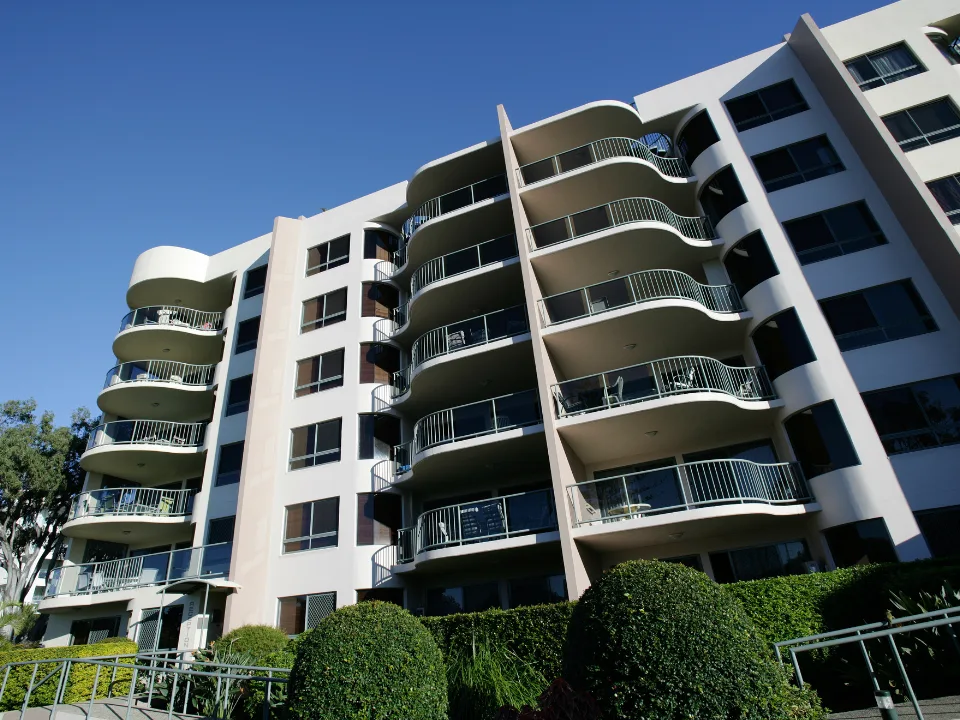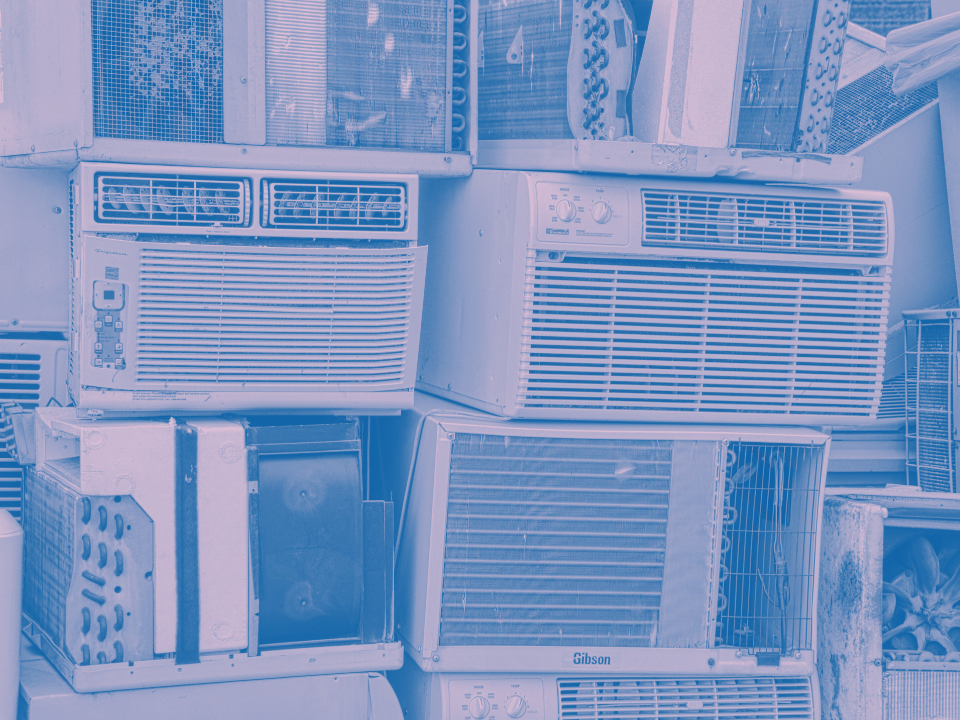- A proposed bill would require NYC landlords to install and maintain air conditioning units for tenants in the summer months.
- The bill mandates that indoor temperatures be kept at 78 degrees whenever outdoor temperatures exceed 82 degrees.
- Non-compliance could result in landlords being fined anywhere from $350 to $1,250 per day.
According to the New York Times, NYC landlords may soon be required to provide air conditioning for tenants during the summer months. The proposal was modeled after regulations in other cities with extreme heat conditions, such as Phoenix and Dallas.
Behind The Bill
As reported on The Real Deal, City Council member Lincoln Restler from Brooklyn will propose a bill requiring landlords to buy, install, and maintain ACs—or face daily fines starting from $350 and as high as $1,250.
The bill specifies that NYC landlords must ensure that indoor temperatures do not exceed 78 degrees whenever the outside temperature is 82 degrees or higher.
The initiative comes during Earth’s hottest year on record and aims to reduce heat-related mortalities, which can occur even at temperatures below 95 degrees.
Basic Human Rights?
Advocates of the new AC bill compared the need for mandatory summer cooling to existing requirements for winter heating, suggesting there should be no difference.
Caleb Smith, resiliency coordinator for WE ACT for Environmental Justice, stated, “We’ve already agreed as a society that no one should freeze in their homes. But there’s no reason we should accept sauna-like conditions [either].” Sheila Foster, a professor at Columbia’s Climate School, emphasized the life-threatening risks associated with inadequate cooling during hot summer months.
Under The Gun
NYC landlords would have two years to submit new cooling plans and four years to achieve compliance. Jay Martin, Executive Director of the Community Housing Improvement Program, noted that landlords of older properties may need additional time.
Extensions may be granted for demonstrated financial hardships or necessary capital improvements. Non-compliant buildings will face fines of up to $1,250 per day, with a reduced penalty of $250 if the issue is resolved within 24 hours of the first violation.
Why It Matters
If passed, the bill would greatly impact the city’s million rent-stabilized apartments, up to 90% of which were built before 1974.
Notably, while the bill directly addresses immediate health concerns for tenants, it also raises indirect environmental issues. ACs contribute around 7% of annual greenhouse gas emissions, a figure projected to triple by 2050.
Fortunately, efforts to transition to more energy-efficient models are already underway, as older units using hydrofluorocarbons are phased out.
















